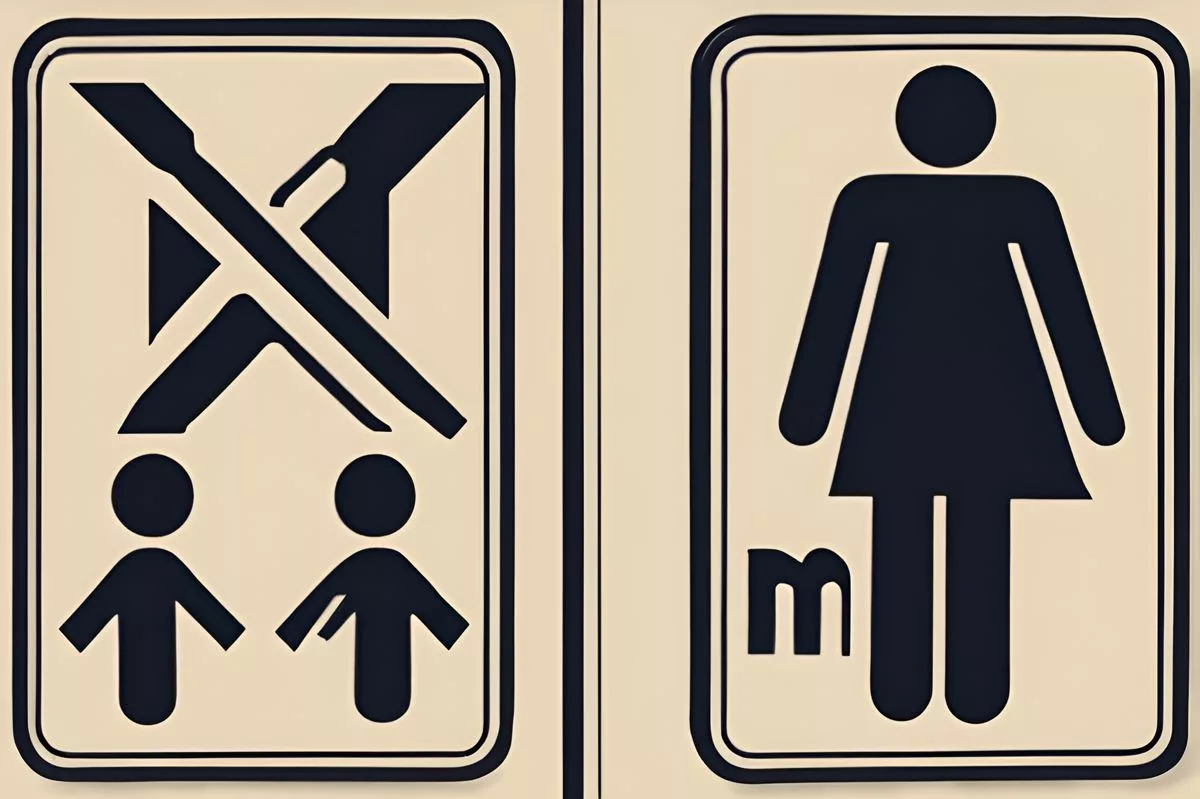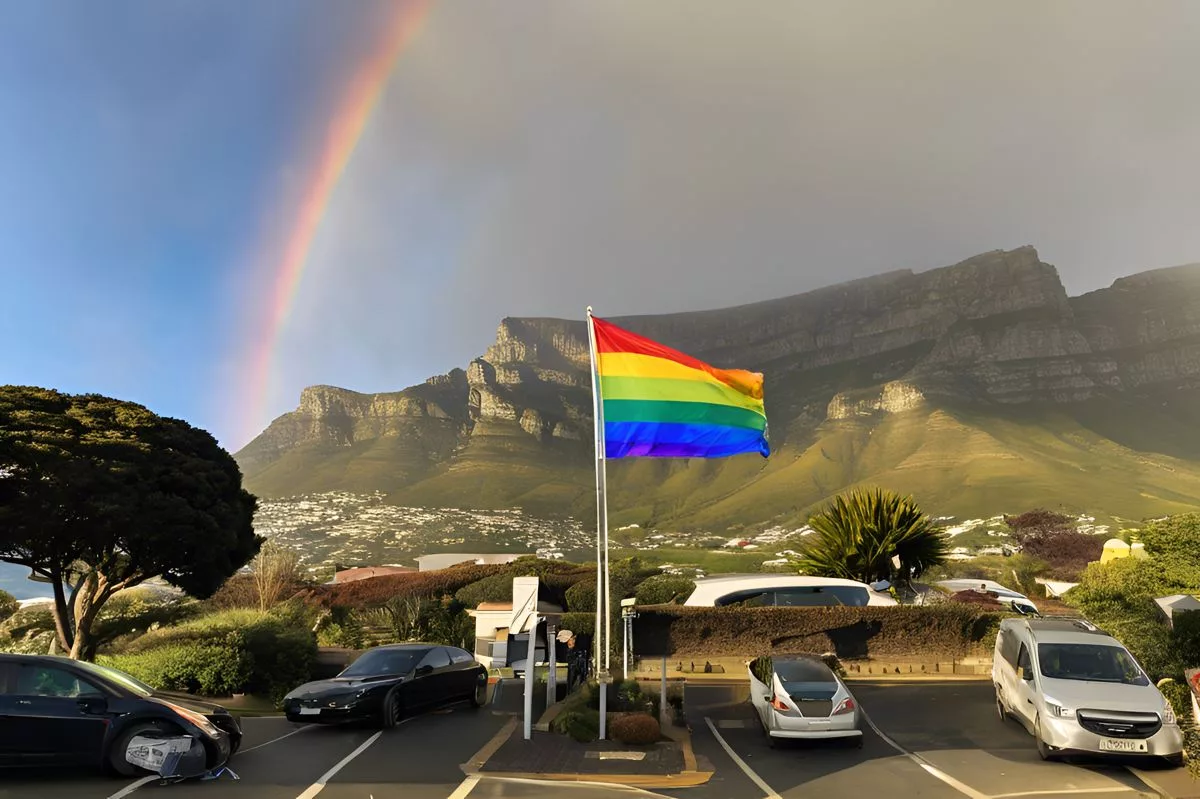Virgin Active Gym has implemented an inclusive policy that allows transgender individuals to use bathrooms corresponding with their legally recognized gender. This policy emphasizes the importance of inclusivity and respect for individual identities, but has also sparked debate around privacy and safety concerns on social media. Virgin Active has reaffirmed their support for individuals who have completed their transition process and addressed safety concerns, highlighting the corporate challenge of balancing inclusivity and safety while promoting a broader societal dialogue on gender identity and inclusivity.
Virgin Active has implemented a policy that supports transgender individuals, allowing those who have completed their transition to use bathrooms that correspond with their legally recognized gender. While sparking lively debates on social media, the policy emphasizes the importance of inclusivity and respect for individual identities. The company has also addressed safety concerns and reiterated its support for individuals who have completed their transition process.
Virgin Active’s March Towards Inclusivity
Internationally acclaimed gym franchise, Virgin Active, has taken a progressive step in the direction of inclusivity by implementing a policy that is supportive of transgender individuals. Revealed on April 25th, this policy allows individuals who have completed their transition to use bathrooms that correspond with their legally recognized gender.
This policy is a clear reflection of Virgin Active’s dedication to fostering diversity and inclusion within its community. It signifies a crucial step in acknowledging and honouring the identity of the transgender demographic, facilitating an environment that is both inviting and affirming.
However, this move has ignited a lively debate on social media. Opinions vary widely, with the main conflict centered around potential safety concerns, particularly for women and children.
Debates and Discussions on Social Media
A large chunk of the social media commentary was centered on safety and privacy concerns. Remarks such as “What measures are being taken to prevent people from taking photos in the changing rooms?” and “Time to cancel our gym memberships and save some money while we’re at it!” were common. Others questioned the specifics of the policy, asking for clarification on what constitutes a “full transition” and what safeguards are in place to maintain privacy.
These remarks draw crucial attention to the issues of privacy and security, underlining the necessity for a careful equilibrium between inclusivity and safety. They also highlight the importance of precise definitions and open communication regarding such sensitive matters.
On the flip side, many commended Virgin Active’s policy: “I don’t think the bigots in the comments understand how it would feel for a trans woman to use the men’s restroom or a trans man to use the woman’s restroom…”, “This new normal must be so difficult for corporates to navigate…judging by the comments, you can already see the divisions and intolerance.”
These comments indicate acknowledgment and acceptance of the challenges faced by transgender individuals. They stress the significance of inclusivity and respect for individual identities. They also shed light on the corporate struggle of dealing with these sensitive and multi-layered issues in contemporary society.
Potential Solutions and Corporate Responses
A compelling recommendation emerged from the debate: “Additional changing room options are great! But shouldn’t existing gym members who aren’t LGBTQ+ be taken into account? Concentrate on privacy for everyone & invest in more facilities such as dedicated LGBTQ+ changing rooms.”
This viewpoint offers a potential remedy that could reconcile the two perspectives, proposing the establishment of additional facilities to guarantee privacy and comfort for all, irrespective of their gender identity.
Facing the heated debate, Virgin Active reassured that male members aren’t allowed in women’s areas, attempting to address some safety concerns. The company also reiterated its support for individuals who have completed their transition process. They emphasized that access to facilities congruent with their gender identity would only be provided once their identification documents reflect the same.
Concluding Thoughts
With this policy, Virgin Active has taken a giant leap towards inclusivity. While creating social controversy, it has also sparked an essential conversation on privacy, safety, and the significance of acknowledging and respecting gender diversity. It’s a textbook example of the corporate challenge in maintaining a balance between inclusivity and safety and the importance of clear communication and transparency in sensitive matters.
The policy also emphasizes that society as a whole needs to comprehend and respect individual identities, nurturing spaces that are both safe and inclusive. When dealing with this ‘new normal’, it’s crucial to consider a broad range of perspectives and strive for solutions that uphold the dignity and safety of everyone involved.
What’s striking about this situation is how it has stimulated a broader societal dialogue. It has thrust the complexities around gender identity and inclusivity into the spotlight, emphasizing the need for open discussion, understanding, and respect in creating an inclusive society.
What is Virgin Active Gym’s new policy on transgender rights?
Virgin Active Gym has implemented an inclusive policy that allows transgender individuals who have completed their transition process to use bathrooms corresponding with their legally recognized gender.
What is the significance of Virgin Active’s policy?
Virgin Active’s policy is a clear reflection of the company’s dedication to fostering diversity and inclusion within its community. It signifies a crucial step in acknowledging and honouring the identity of transgender individuals, facilitating an environment that is both inviting and affirming.
What are some of the debates surrounding Virgin Active’s policy on social media?
Many social media users have raised concerns about potential safety and privacy issues, particularly for women and children. Others have questioned the specifics of the policy, such as the definition of a “full transition” and what safeguards are in place to maintain privacy.
How has Virgin Active responded to the debates and concerns raised?
Virgin Active has attempted to address safety concerns by reassuring that male members are not allowed in women’s areas. The company has also reiterated its support for individuals who have completed their transition process and emphasized that access to facilities congruent with their gender identity would only be provided once their identification documents reflect the same.
What potential solutions have been proposed to reconcile the conflicting perspectives?
One potential solution proposed is to establish additional facilities to guarantee privacy and comfort for all, irrespective of their gender identity. This could include dedicated LGBTQ+ changing rooms.
What is the broader societal dialogue spurred by Virgin Active’s policy?
Virgin Active’s policy has highlighted the complexities around gender identity and inclusivity, emphasizing the need for open discussion, understanding, and respect in creating an inclusive society. It has stimulated a broader societal dialogue on these issues.












